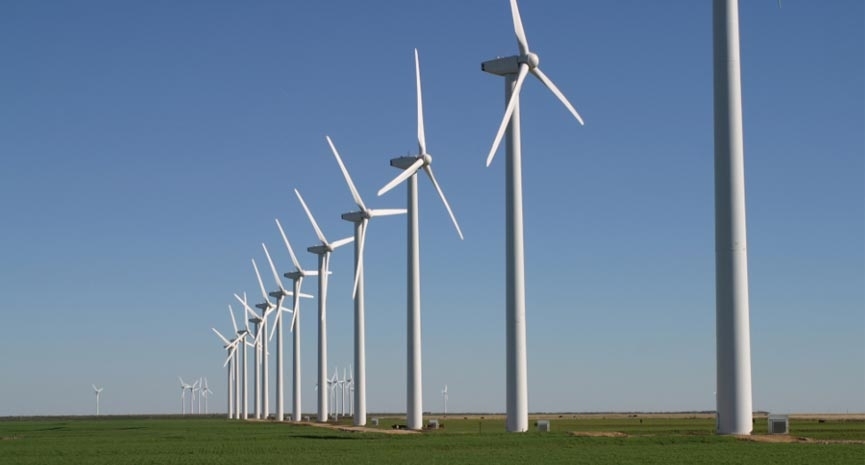Mombasa Cement’s 36 MW wind farm in Kilifi County to open by Dec 2020
To power its manufacturing operations, Mombasa Cement has built a 36-megawatt wind farm in Vipingo, Kilifi County.

November 22, 2019: To power its manufacturing operations, Mombasa Cement has built a 36-megawatt wind farm in Vipingo, Kilifi County. The section of the land Mombasa Cement owns in Vipingo already operates a clinker factory that feeds its main plant in Athi River.
“We had to pay for the 16 days we lost last year without working due to outages and we failed to meet demand,” the company’s head of plant Koppal Srikantaiah said.
According to him, the Kilifi wind farm which is expected to go live by December this year consists of 12 turbines of 3 MW each on a section of the 1,200-acre piece of land on which it operates a clinker plant.
The company, which produces the Nyumba brand of cement, stated that the facility whose construction got underway early this year will help it overcome power inefficiencies that increasingly undermine its profitability.
“We have already initiated setting up of 132-kV transmission line direct from main supply in Kaloleni to ensure a steady supply of power but the inefficiency in the supply of power and the high cost is real eating in our profits,” he said.
Mombasa Cement, which began operations in 2007, is now the second-largest cement manufacturer in Kenya after Bamburi – with a market share of about 15 percent.
The company has joined a growing list of establishments that have set up their own power production units to battle inefficiencies of the state-controlled Kenya Power. These include Kenya Tea Development Agency (KTDA), Strathmore University, Garden City, Williamson Tea, Africa Logistics Properties, Kapa Oil Refineries, London Distillers, and Oserian Flowers.
KTDA has connected seven Mount Kenya factories to its hydropower stations in the region, a move that has saved it millions of shillings in monthly power bills.
The success of KTDA’s project has charmed Nandi County-based tea producer Kaimosi Tea Estates, which is now eyeing production of its own power to boost efficiency.
The firm announced in July that it had applied for a license from the Energy and Petroleum Regulatory Authority (EPRA) to build and operate a 1.5 Mega-Watt peak (Mwp) solar plant for own use.


